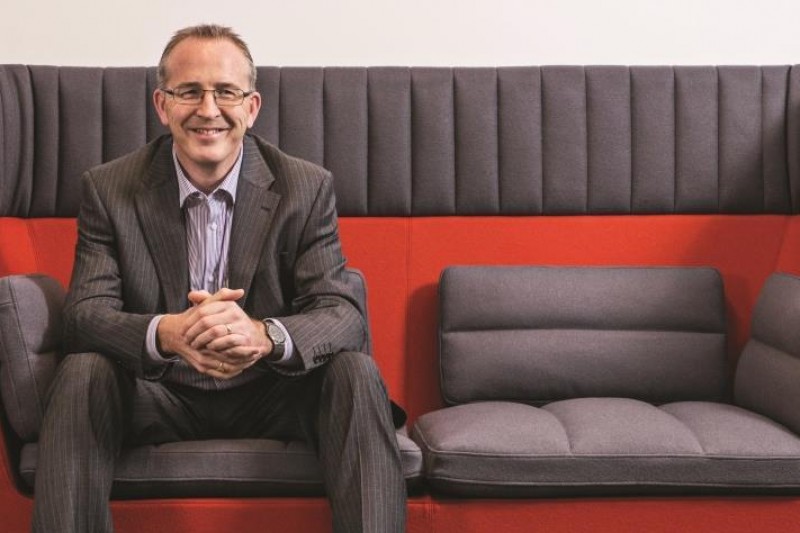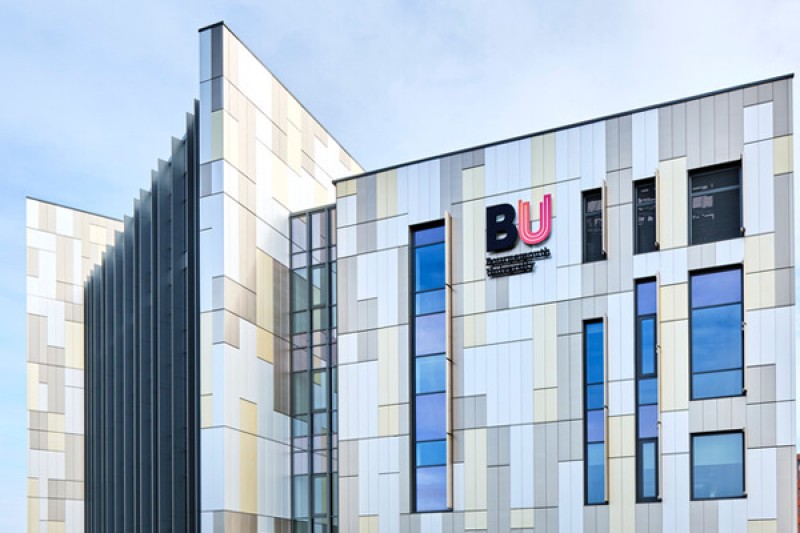 Welcome to the Bournemouth Research Chronicle
Welcome to the Bournemouth Research ChronicleOver the last twenty-five years, research at Bournemouth University (BU) has gone from strength to strength. The university is currently home to around 800 academic staff and over 30 research centres and institutes, covering research areas as diverse as orthopaedics, journalism, animation and ecology. I am proud of the ground-breaking work undertaken by our staff and I am delighted to share with you an insight into some of our outstanding areas of research.
In this edition of the Bournemouth Research Chronicle (BRC), you will be able to learn about some of the research projects that have taken place at the university over the last twenty five years and how they’ve made a difference to the world beyond our campus. In the Faculty of Science & Technology, researchers have been working with industry partners and charities to protect native fish species in India. Meanwhile, in the Faculty of Health & Social Sciences, staff have used research into post-natal ‘blood’ loss to influence decades of midwifery teaching, as well as underpinning World Health Organisation (WHO) guidance.
In our Faculty of Media & Communication, researchers have been working across disciplines to explore political communication and seeing how the development of social media has changed the nature of debate. And in our Faculty of Management, staff have a long history of working with governments all over the world, preparing them for how to respond to a disaster situation.
The stories reported in this edition of the BRC reflect the great diversity and depth of work taking place at BU. They also show our long-standing commitment to developing research that makes a difference beyond our campus.
I hope that you enjoy reading about this small selection of the outstanding research projects that have taken place at Bournemouth University over the last twenty-five years. If you feel inspired to find out more, want to collaborate with our researchers or start your own career in research, visit www.bournemouth.ac.uk/research for more information.
Vice-Chancellor, Professor John Vinney


